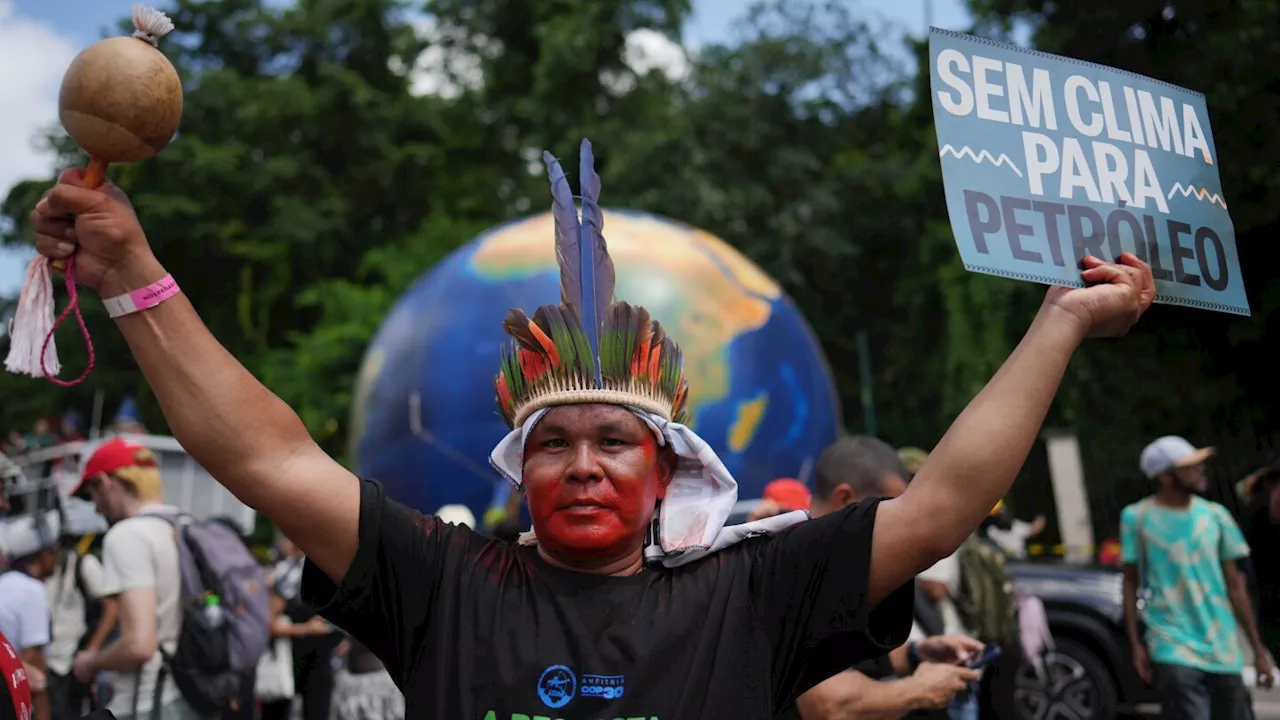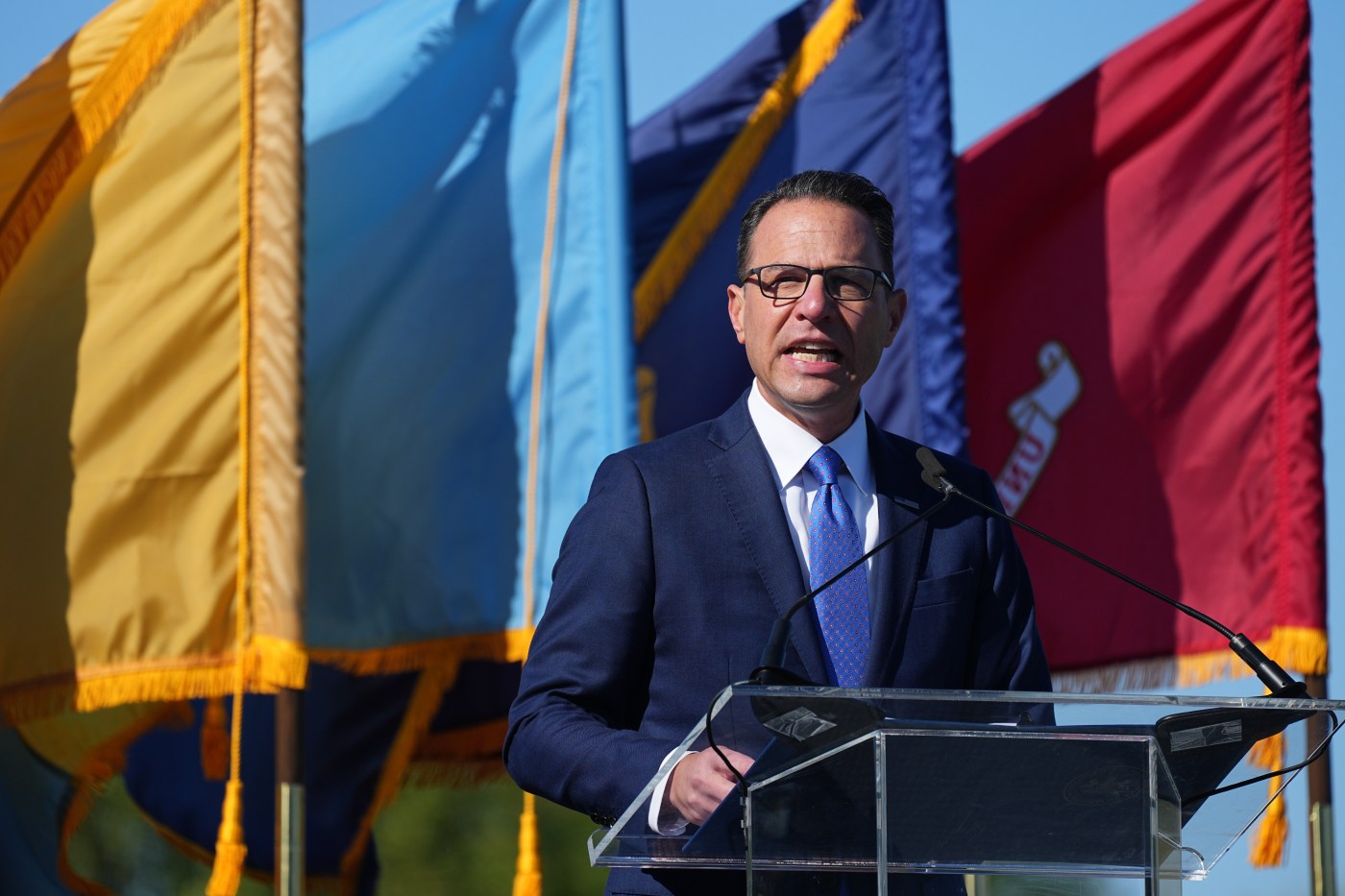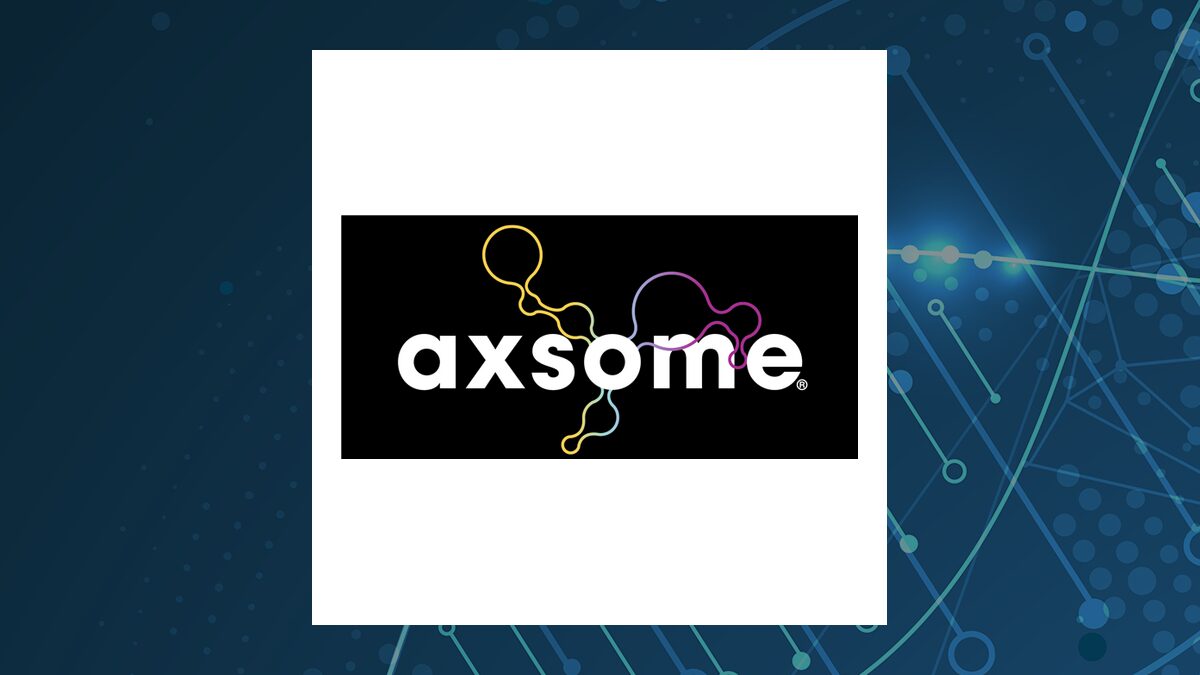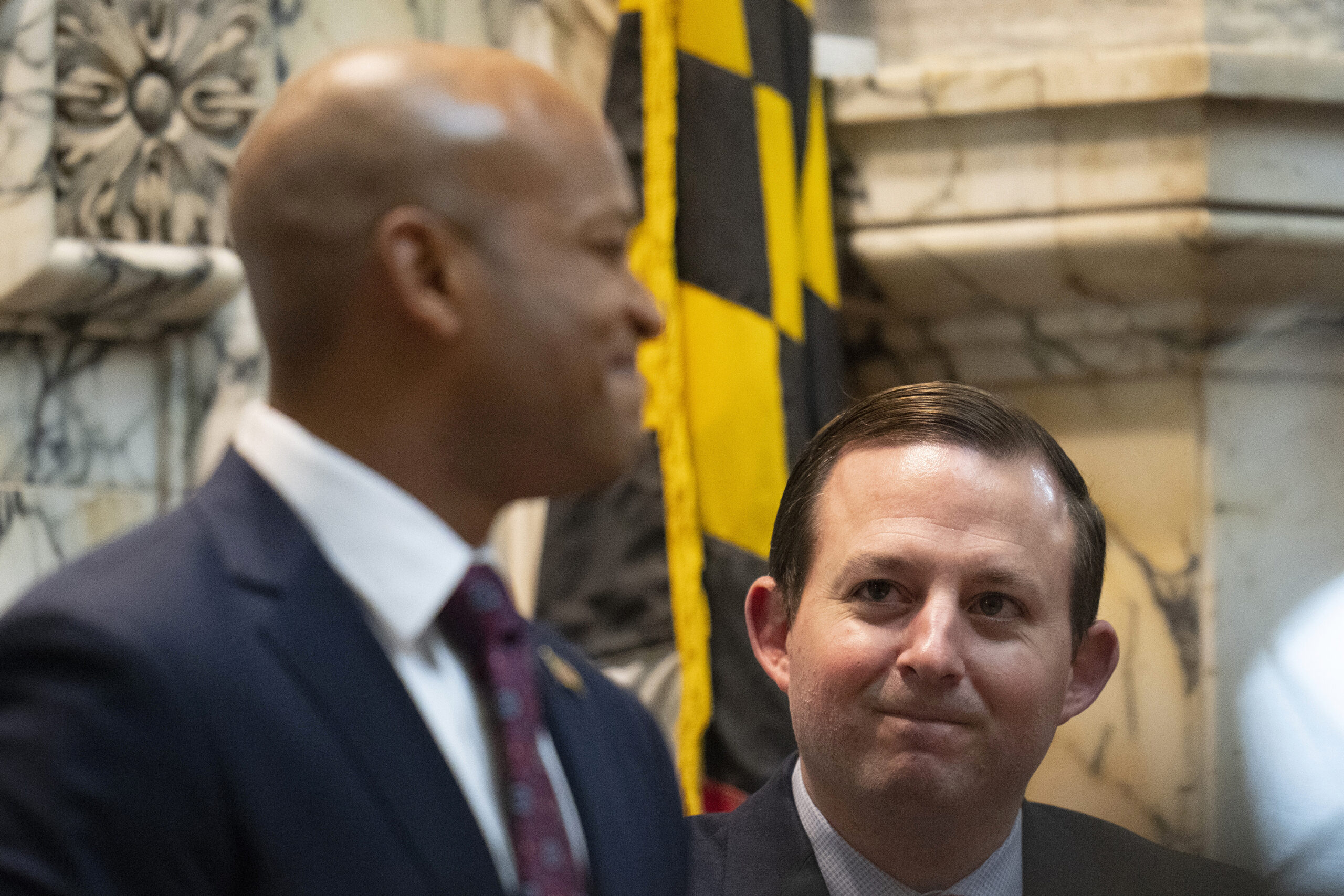November marks Native American Heritage Month, a time dedicated to honoring the history and contributions of Indigenous communities across the United States. In San Diego, leaders from the Kumeyaay Nation are taking significant steps to preserve their cultural heritage, notably their endangered language, while also addressing the critical issue of missing and murdered Indigenous people.
A prominent voice in this cultural renaissance is Stan Rodriguez, chair of Kumeyaay Studies at Cuyamaca College. Rodriguez speaks passionately about the efforts to revitalize the Kumeyaay language, which has faced significant decline due to historical suppression. He highlights the importance of language as a form of resistance against past traumas, particularly the legacy of boarding schools designed to erase Indigenous identities.
“Language is what identifies us, and songs tell a narrative,” Rodriguez explains. He emphasizes that many aspects of Kumeyaay culture have been preserved through oral traditions, especially songs that recount historical events and personal stories. This oral history serves not only as a means of preserving the language but also as a vital connection to their ancestors and cultural identity.
Joining Rodriguez in these efforts is Nicholas Calloway Smith, a Kumeyaay educator and linguist. Smith’s journey to learn the Kumeyaay language was deeply personal, driven by a desire to honor his ancestors and ensure that future generations can connect with their heritage. He describes the transformative experience of engaging with the language, noting that it offers a unique worldview that differs from Western perspectives.
Smith’s teaching methods focus on interactive learning, incorporating games and conversations to engage students with the language in practical contexts. “It opens another door to see the world differently,” he says, reflecting on the intricate ways Kumeyaay language encapsulates experiences and relationships with nature.
Awareness Campaigns Address Violence Against Indigenous People
In addition to cultural preservation, Kumeyaay leaders are actively working to raise awareness about the alarming rates of violence against Indigenous communities. According to the Bureau of Indian Affairs, Indigenous people in the United States face murder, rape, and violent crimes at significantly higher rates than the national average. In response, MIP San Diego has emerged as a crucial organization focused on this issue.
Launched through a grant from the state of California, MIP San Diego has united multiple local tribes, including the Manzanita Band, San Pasqual, and Sycuan. The coalition aims to strengthen responses to missing and murdered Indigenous people in the region, which has the highest number of federally recognized tribes in California.
Danielle Busch, the program director at MIP San Diego, highlights the importance of community involvement in addressing these issues. The coalition has initiated various programs, including an awareness campaign that features over 40 billboards across the region. These efforts aim to educate the public and encourage families affected by violence to seek support.
Summer Elliott, housing services liaison at the Strong Hearted Native American Women’s Coalition, emphasizes the historical trauma that contributes to the ongoing violence faced by Indigenous communities. She notes that victims often do not receive the same urgency and attention as cases involving non-Indigenous individuals, leading to prolonged suffering for families.
Elliott explains that jurisdictional complexities further complicate the situation, as overlapping authorities among tribal police, county sheriffs, and federal agencies can lead to delays in investigations. “Cases fall through the cracks and remain unsolved,” she states.
To combat these challenges, MIP San Diego has implemented training programs and collaborative initiatives with local law enforcement. The organization is also focusing on building trust within the community to ensure that victims and their families receive the support they deserve.
As awareness of these pressing issues grows, the Kumeyaay leaders and their allies continue to advocate for justice and cultural preservation. Their work not only honors the past but also empowers future generations to embrace their identity and advocate for their communities.
By focusing on language revitalization and addressing critical social issues, the Kumeyaay Nation demonstrates a commitment to cultural preservation and community well-being that resonates beyond the borders of San Diego. Through education and awareness, they are paving the way for a brighter future grounded in their rich heritage and collective resilience.







